Wanting to give your child the best chance at success in their PSLE is natural for any parent. And while you may not be able to cheer them on in the exam room, there are many ways that you can help them in their preparations.
The first paper will test the students’ writing skills. Let’s take a look at the common mistakes that can be the difference between a good and a great composition.
The PSLE English Writing Paper
The PSLE English Paper 1 can be one of the most daunting components of the exam for many students, so regular practice is key to building confidence. Students will be required to complete two writing tasks: Situational Writing (15 marks) and Continuous Writing (40 marks).
For Situational Writing, the students will respond to a situational context with an appropriate text type, such as a letter, report, or email. For Continuous Writing, students will be presented with a
given topic and three associated pictures. The task is to write a composition of at least 150 words in the form of a narrative, exposition or any other suitable text type that they have learnt in school. They will be free to express their own interpretation of the topic using one, two or all three pictures.
What are some past PSLE composition topics?
Topics that have featured in past PSLE Continuous Writing tasks include a celebration (what was the occasion? How was it celebrated?) and something that was lost (how did it get lost? Was it found?). Other PSLE composition topics have included teamwork, a secret, and a special gift.
Five common mistakes to avoid
Students will need to focus on grammar and accuracy to clinch the best grades in their PSLE English Writing Paper, but will also need to show that they have a clear plan for their composition and adhere closely to the question. Here are some of the ways children can lose valuable marks.
Possessive apostrophe. Quite often, students lose marks due to the misuse (“the childrens’ playground”) or absence (“my friends schoolbag”) of apostrophes.
Contractions. The second type of apostrophe is used to shorten words, for example “it’s raining”, or “Amanda’s playing tennis”. These should be saved for more informal writing.
Rushing the conclusion. One of the most common mistakes for PSLE composition is a hastily written ending – usually a single sentence expressing a generic idea. With good planning and time management, students can make sure their conclusion brings the piece to a satisfying close, with a call to action if suitable.
Simple spelling errors. Serial offenders include “your/you’re”, “there/their/they’re”, “then/than” and “affect/effect”. Keep note of words that your child has trouble with and help them through practice and repetition, making sure not to try to master too many all at once. On the day, allowing plenty of time for proofreading will help children to catch any errors and make corrections.
And finally – using acronyms to remember steps. Acronyms such as RAFTS (Role, Audience, Format, Topic, Strong Verb) greatly help students to memorise information, allowing them to focus their efforts on other areas of the task.
How the British Council can help
If you feel your child could benefit from additional support, the British Council can help. The British Council’s Upper Primary courses are designed to develop your child with the right skills for academic excellence and future success. In line with the syllabus set by the Ministry of Education, their courses nurture critical thinking skills and confident communication, while encouraging the 21st century proficiencies needed to thrive in a fast-changing world.
Your child will be guided by their highly qualified and passionate teachers to use proven exam techniques in preparation for their PSLE. Through frequent practice under test conditions and regular, individual feedback, students will be equipped with the tools they need to meet challenges head on and succeed with confidence. Find out more about the British Council’s PSLE English preparation for Upper Primary.
The British Council in Singapore offers a wide range of English classes for young children – including group courses, one-to-one private lessons and study camps.
The British Council offers English enrichment classes in two locations around Singapore – Napier Road Centre and Toa Payoh Centre.
Sign up today HERE!
Why the British Council?
The British Council is the UK’s international organisation for cultural relations and educational opportunities. For several decades, the British Council has helped elevate the English standards of pre-schooler, primary and secondary school students in Singapore. Through well-planned courses by highly-qualified and experienced teachers, their enrichment courses hope to nurture children’s interest in the English language, through a fun and interactive learning environment.
This post is brought to you by the British Council.
* * * * *
Like what you see here? Get parenting tips and stories straight to your inbox! Join our mailing list here.
Want to be heard 👂 and seen 👀 by over 100,000 parents in Singapore? We can help! Leave your contact here and we’ll be in touch.










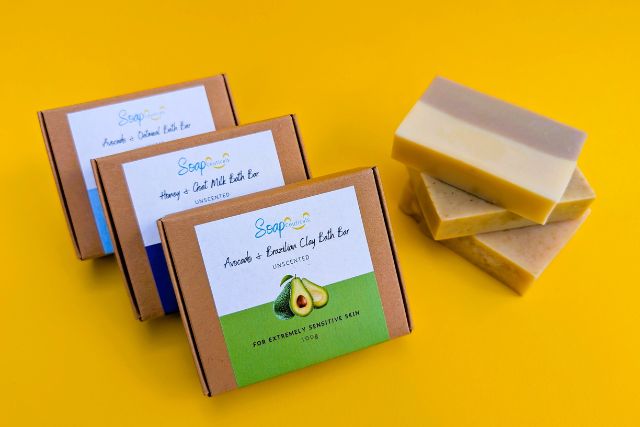
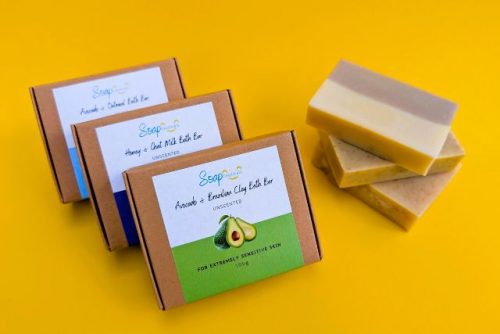










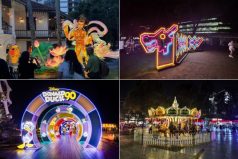
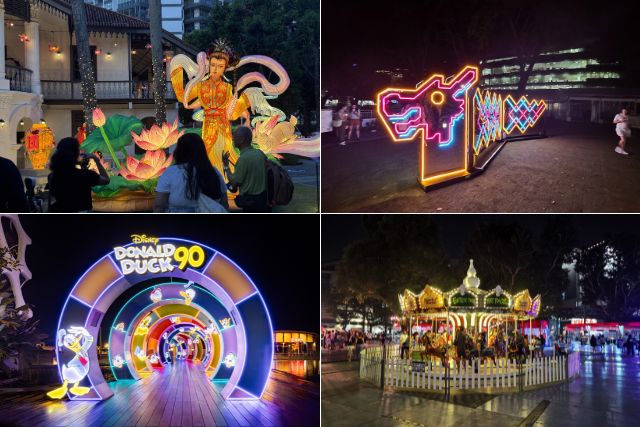
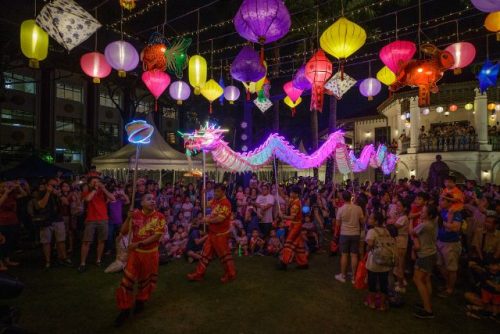
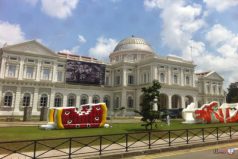











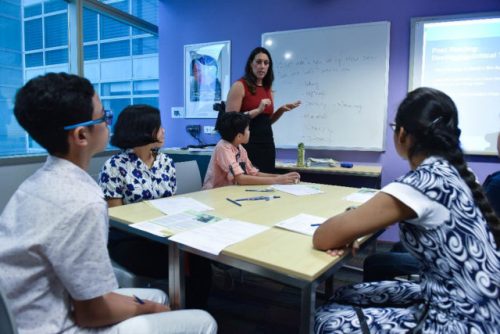
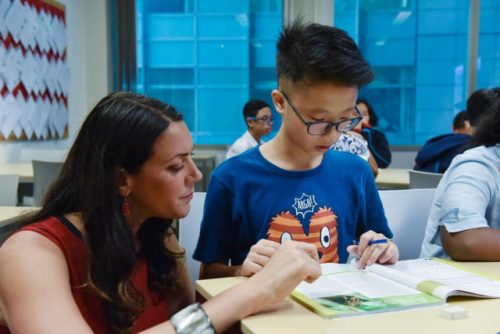



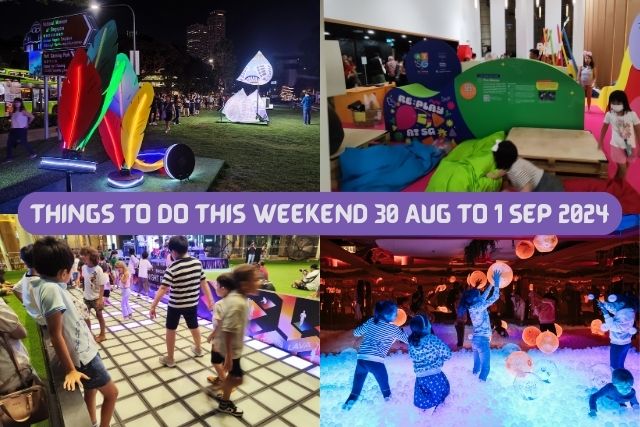



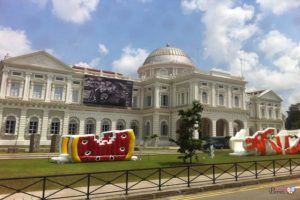


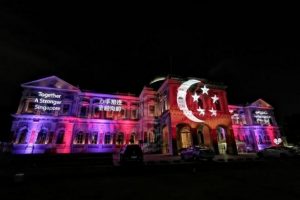
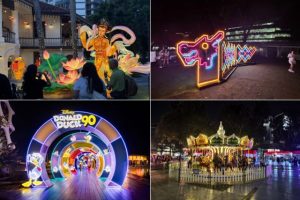

Leave a Comment: